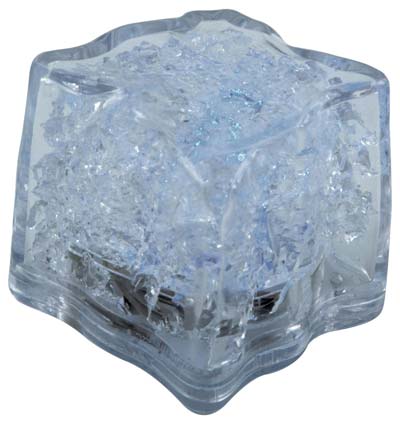In conclusion to my experiment, it turns out that my hypotheses were correct in that saltwater does melt faster than normal tap water and sugar water, and that sugar water melts faster than normal tap water, but slower than saltwater. The tap water melted slower than both the sugar water and saltwater. Throughout this investigation, I have learned many new things. I have learned that when water freezes, it expands by one-eleventh of its original volume. I also learned that each molecule of salt dissociates in water into two ions, each with the ability to lower melting point, whereas each molecule of sugar dissolves without dissociating. The experiment went as well as I would have imagined, and I believe my results are fairly accurate and credible.
In the case of uncertainty, I believe that there were some things that may have affected my data in a minor way. The temperature inside of my kitchen was not controlled, and the ice cubes were vulnerable to air current, heat waves from appliances, and the heat from the plates which were stored in a cabinet that may have had a different temperature from the rest of the room. We couldn’t get 100% of the cubes out of the ice tray, and the measurements of the salt, sugar, and water may have not been exact. When the melting times were recorded, it was by observation and the ice cubes may not have been completely melted.
To improve this experiment, I would make sure that each measurement was exact, the room in which the ice cubes melted was controlled and not prone to moving air current, heat waves and heat displacement from what the cubes came in contact with. The Ice cubes would be extracted with precision, making sure not one flake of ice was left behind. Also, when the times were recorded, the ice would have been completely melted and at the exact time that they melted, rather than by observation.
